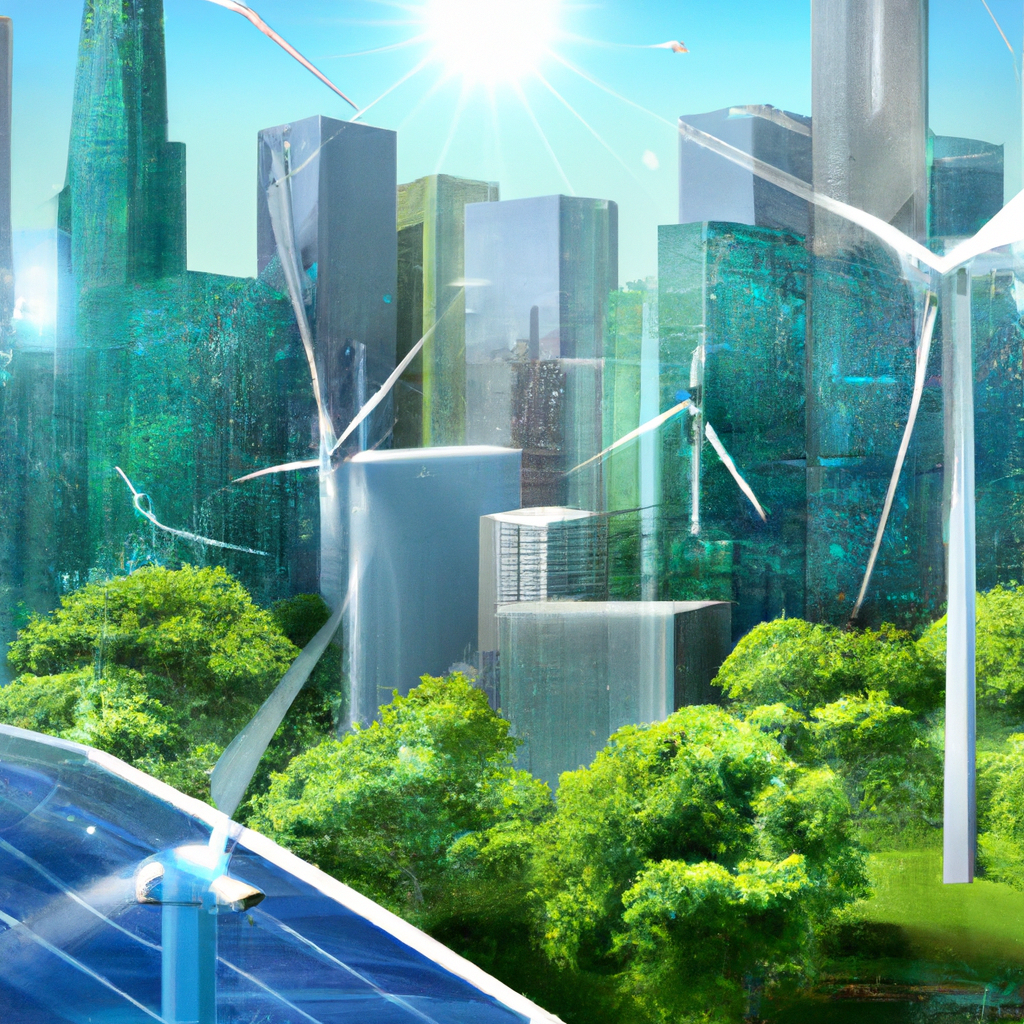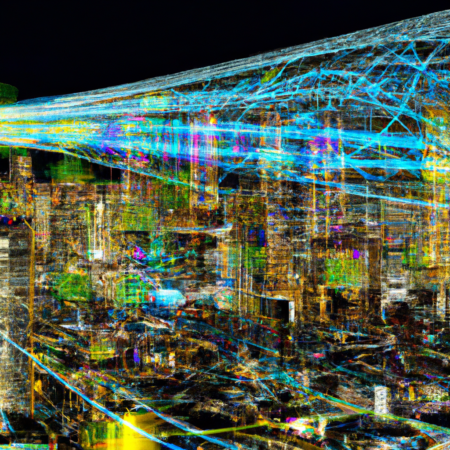Harnessing AI for Sustainable Tech Solutions in 2025
As we progress into the second quarter of 2025, the integration of Artificial Intelligence (AI) in technology aimed at sustainability has become more crucial than ever. With global challenges such as climate change and resource depletion at the forefront, AI offers innovative solutions that promise not only to mitigate these issues but also to revolutionize how we approach environmental sustainability.
In this exploration, we delve into how AI is being utilized to enhance energy efficiency, reduce waste, and promote sustainable practices across various industries. From smart grids and AI-driven resource management to advanced predictive analytics for environmental monitoring, the scope of AI’s influence is vast and transformative.
One of the standout applications of AI in 2025 is in the energy sector. Smart grids powered by AI algorithms optimize energy distribution and consumption, significantly reducing wastage and enhancing the integration of renewable energy sources. These smart systems analyze data in real-time, adjusting energy flow based on current demand and supply conditions, thereby ensuring maximum efficiency.
Another vital area is waste management. AI technologies now enable more precise waste sorting and recycling processes, drastically cutting down the volume of waste that ends up in landfills. Advanced imaging and robotic sorting systems, equipped with machine learning capabilities, can identify and segregate recyclable materials from waste streams with unprecedented accuracy, boosting recycling rates and reducing environmental impact.
Moreover, AI’s role in environmental monitoring cannot be overstated. With sophisticated sensors and predictive analytics, AI systems provide valuable insights into environmental conditions, predicting potential hazards and enabling early interventions. This capability is crucial for preventing disasters such as wildfires and floods, which are increasingly prevalent due to climate change.
The implications of these AI-driven technologies are profound, offering a beacon of hope for a sustainable future. However, the deployment of such technologies must be handled with care, ensuring ethical considerations and equitable access across different regions and communities.
To conclude, as we move forward in 2025, the role of AI in driving sustainable technological solutions is undeniable. By embracing AI, industries can not only address environmental challenges more effectively but also pave the way for a greener, more sustainable future.






